
It was finally giving into almost three weeks of soldiering on with a clogged left ear, and then suddenly being hit with an excruciating toothache that had bombs going off in my head.
I needed to watch or listen to something so incredibly dumb that I could stop the world, get off and drown in sleepy time stupidity.

Usually, listening to what some refer to as the “dead people’s” racing and sports radio station in Melbourne does the trick- hours and hours of inane chatter, sudden attacks of extremely loud guffawing and ‘in’ jokes so ‘in’ that they hurt, radio spots about the success rate of “battling punters” winning BIGLY followed by tepid anti gambling messages, and with its sole sponsor being a funeral home- The Tobin Brothers.
This says much about the age of the audience of the station- and why the Tobin Brothers are tapping into it.
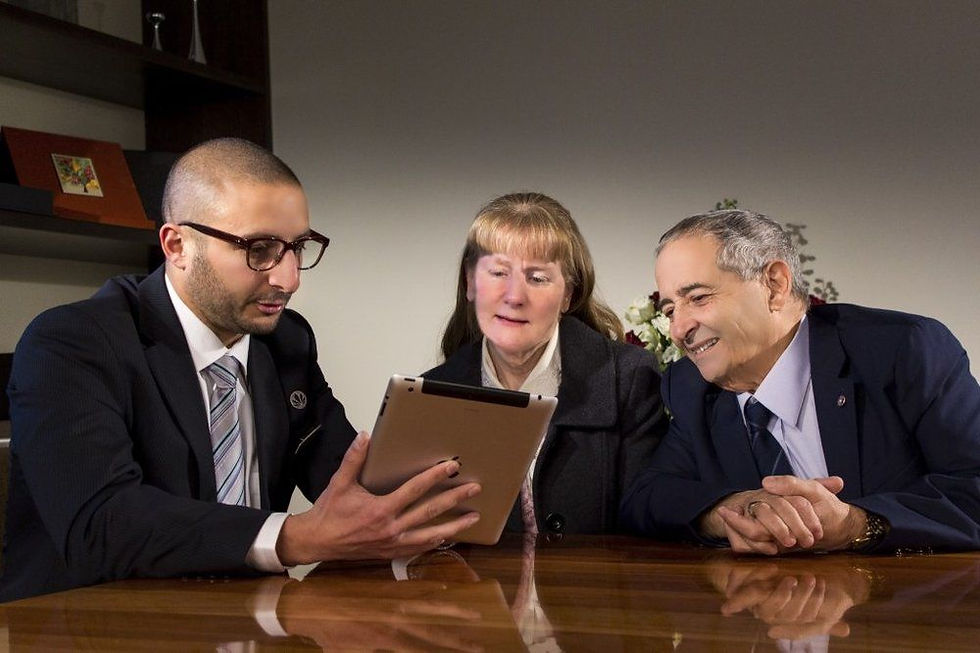
As this was a Friday night, all roads on the station were leading to the Group 1 races scheduled for the next day in Flemington and Randwick, which meant an onslaught of racing information from the usual tribe of pundit nehrus.
Still unable to fall asleep, I listened to repeats of truly gawdawful podcasts from “ladies who love to punt”, tips on harness racing, plenty of updates on the weather forecast, especially as the night before, the races at Moonee Valley were abandoned due to lightning.
Next, the ‘live’ broadcasts began with the usual interviews with trainers who rarely say anything of much substance despite what could almost be described as the interviewer’s seemingly “begging” for some crumbs of worthless information.
As with those times that are now long ago and faraway, here was and is horse racing with TMI- Too Much Information.

By now, my toothache was excruciating and I had decided not to have a bet on Saturday and was- and still am- far more concerned about the health and well-being of jockey Laura Lafferty who is in ICU after a fall while riding at Moonee Valley the night before.


Looking at all this, it’s not really that difficult to understand why the Singapore government decided to close down horse racing in the city: The image wasn’t good, the races were barely attracting spectators, the showing of racing on television had been stopped years earlier, and the Straits Times had not published a form guide for over a decade.
The writing on the wall had been there for many years.
Being in Singapore, it was amusing to listen to some expert on horse racing mention that the mood was “solemn” before Singapore’s last racing meeting took place on Saturday at Kranji.
Really?
The majority of Singaporeans these days don’t give a satay stick about the end of horse racing in the Lion City.
It’s dismissed as being something for “taxi drivers” and “controlled by illegal bookies”.
This is all a very long way down from the days when legendary adman Ian Batey, below, brought Singapore Airlines to the horse racing table along with its Silver Kris brand and had a great vision for horse racing in Singapore and its marketing.

How many of those who talk so knowingly about Singapore racing ever met Ian Batey and his PR man Michael De Kretser or know about those involved in the management of the Singapore Turf Club and the straw that broke the camel’s back?
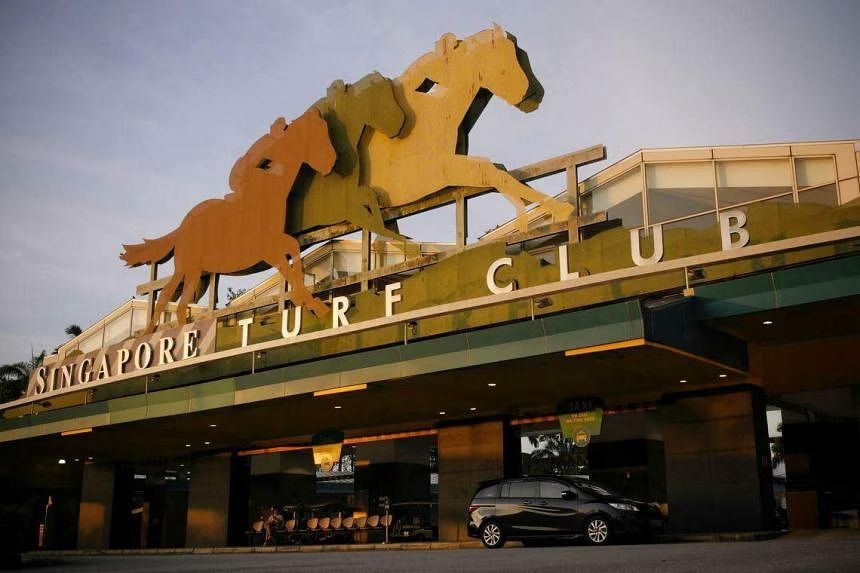
Horse racing is not unlike The Lonely Island comprising puppeteers from The Old Boys Club and their puppets- leaders who are businessmen with different interests and portfolios who are unable to focus and lead and are proficient in glib corporate speak that the racing media tolerate because, well, it’s career survival.
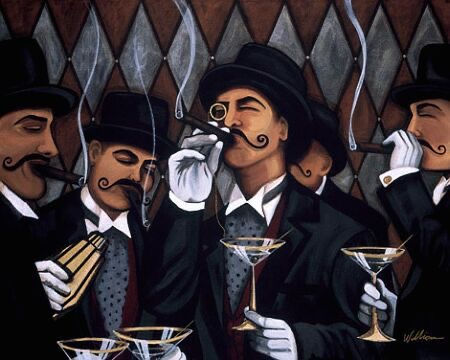
What about the customer- not those still living in the once glorious past of horse racing, but those others with the marketing nous to understand how to use this past as the backdrop for an industry described by more and more as a “sunset industry”- those who might have once supported it by owning and racing horses, but now see zero return on their million dollar equine investments?

In a global economy that’s tanking, and a world with at least two wars going on, where does the importance of horse racing fit?
Maybe this was a question asked by the Singapore government and the government presently running Macau that saw horse racing also come to an end in the former Portuguese enclave?
The answer isn’t going to come from new wagering options offered by bookmakers and talking about seeing “young people” at the races.
Where’s the beef and where’s the sustainability?
Surely, there’s a need for business partnerships, a thorough understanding and knowledge of new technology and attracting new and popular consumer brands into a game that still comes with warning signs?
The Hong Kong Jockey Club might still be claiming to be “riding high together” and “giving back” to the community, but how many in today’s downsized Hong Kong understand- and believe- how this all works along with high falutin initiatives like The University For Philanthropy?
Is any of this in sync with the objectives of the Hong Kong government that has always been reticent about promoting a gambling driven product?
As most would know, during these post pandemic times, the “younger generation” have never been more concerned and suspicious and cynical and discerning about what’s put in front of them.
What do they see from the world of horse racing and those who ride with it?
Really think about it.
After all these decades, there’s still a complete disconnect between horse racing and the popular culture of the music, sports, advertising and entertainment industries.
Horse racing is not likeable and remains something uncool- a try-hard and fake product offering zero return on the time spent trying to bring sponsors and their marketing dollars and fan bases into the fold.
The question that horse racing clubs need to ask themselves is what that’s something good they bring to the world other than The Punt- and hires who wouldn’t know the difference between marketing, advertising and public relations?
Could they not have come together by now to create a relevant Public Service Awareness Campaign built around, let’s say, Hope that might be picked up by someone like Christiane Amanpour from the mainstream media?
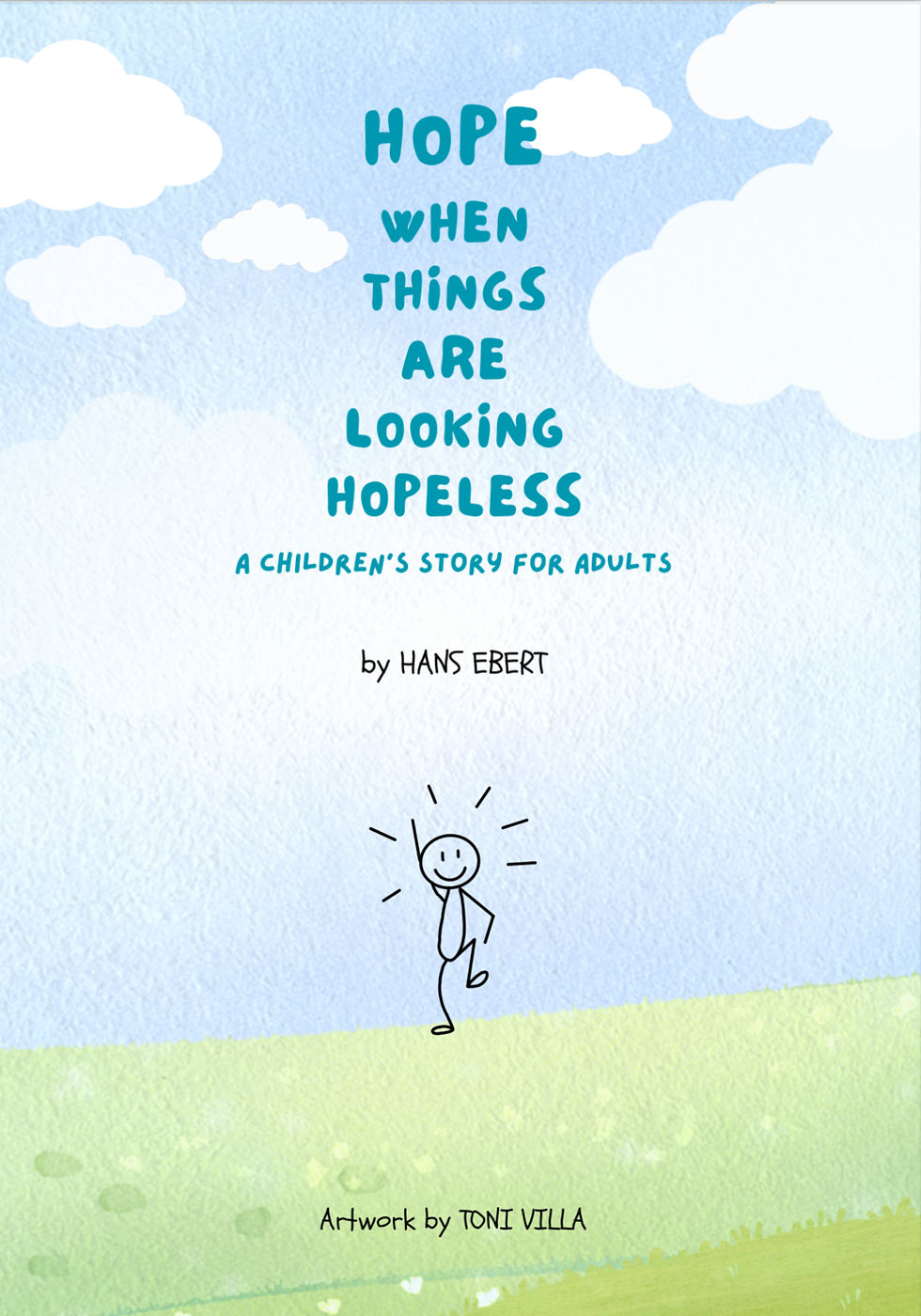
A lawyer friend of mine- and she’s 42, understands the ins and outs of horse racing better than most racing executives- and who’s working on strengthening online laws to protect children from the evils of “the dark web”.
She describes horse racing as The Blob- something like a Far Side cartoon- but without the creativity to offer a message that actually means something and resonates with governments.
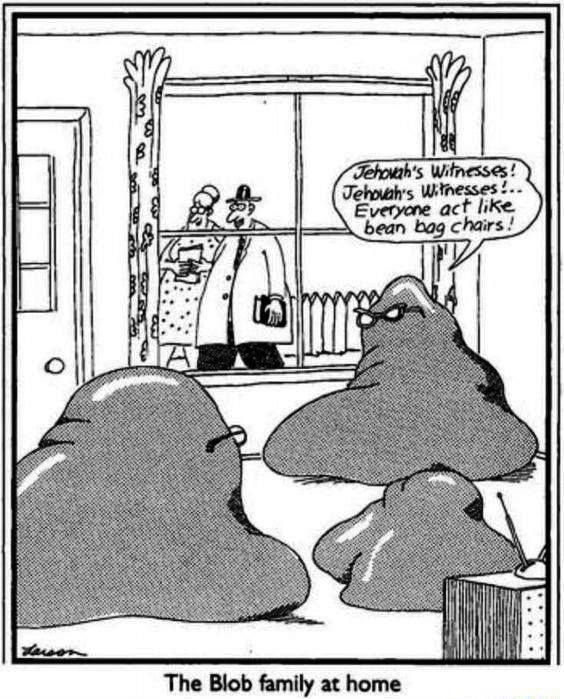
Here’s a bold prediction: The launch of an independent and savvy multimedia company that will include a soupçon of horse racing to test the waters.
The pastime will be taken on a ride with new technology business partners and global players into an entertainment driven world run by proven global gamechangers.
The old ways are back there in the rear view mirror- and ineffective and irrelevant.

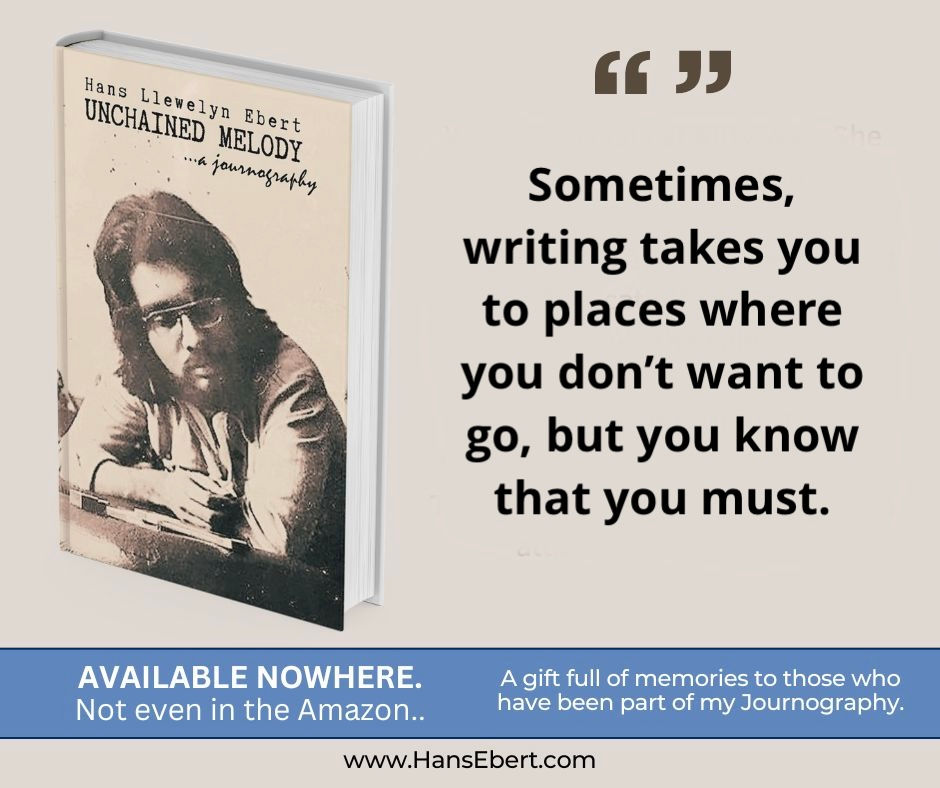
Comments